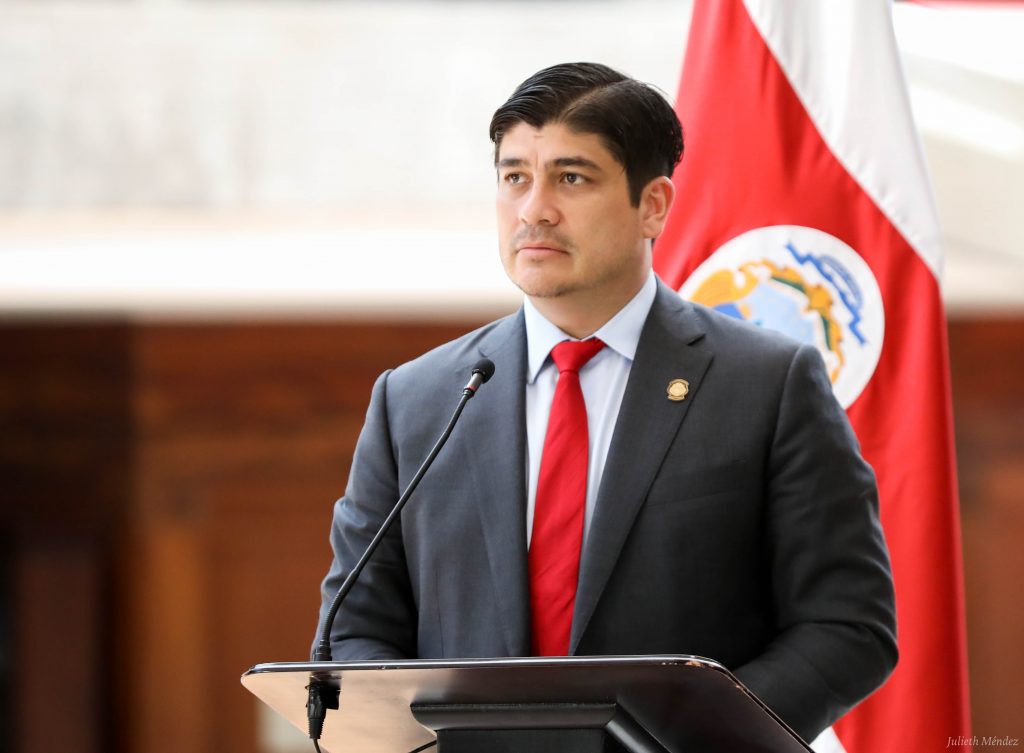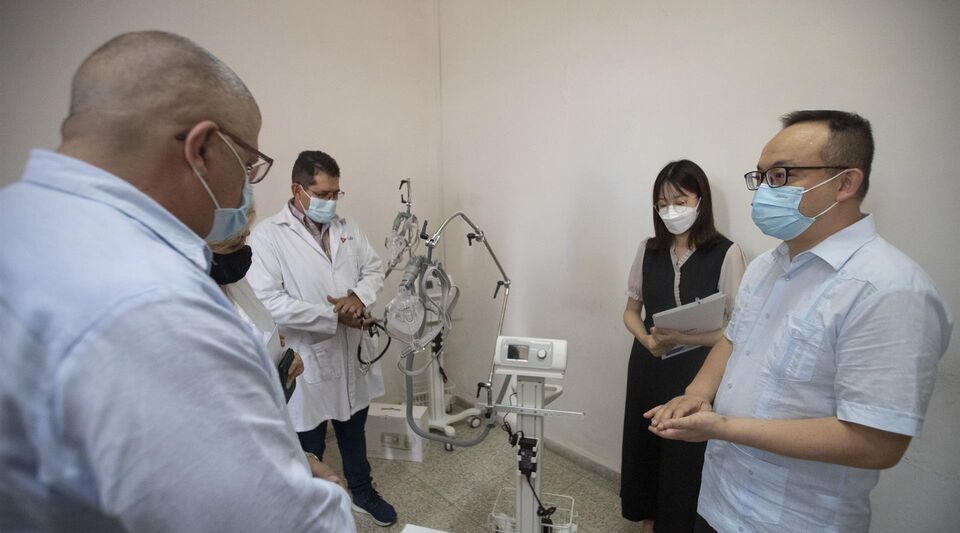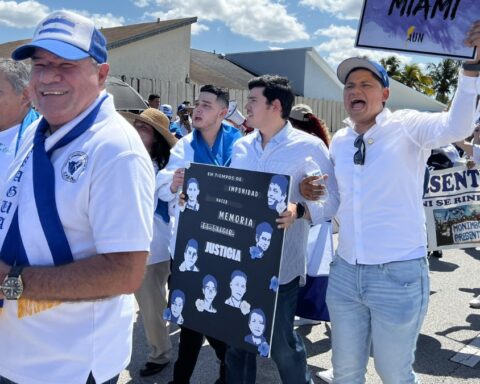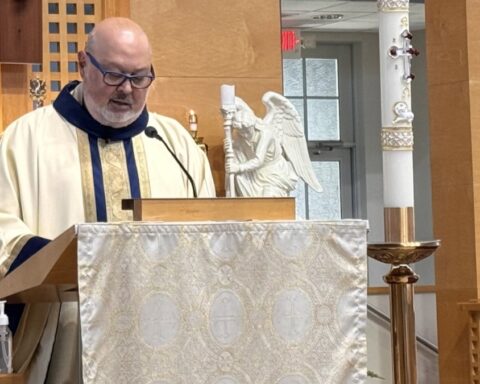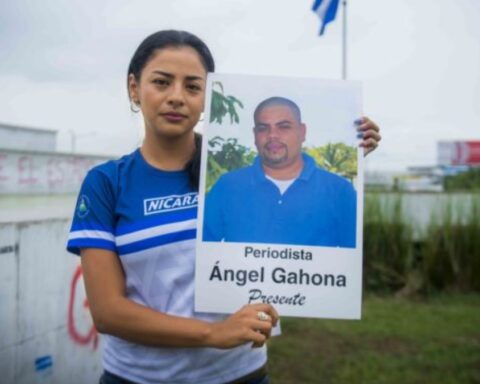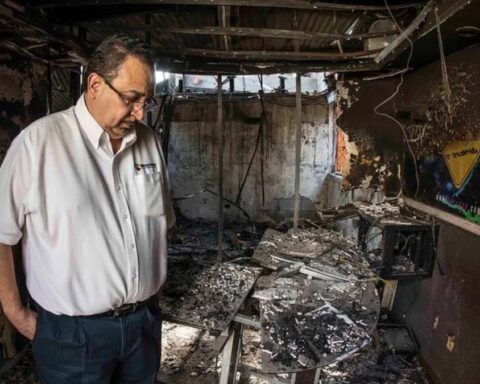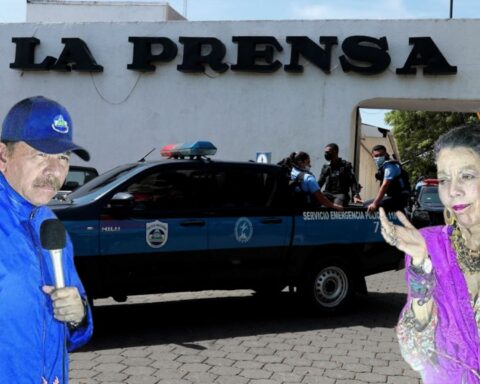The President of Costa Rica, Charles Alvaradorevealed the reasons why he decided not to appoint an ambassador to Nicaragua during his administration, among which are the continuous violations of human rights perpetrated by the regime of Daniel Ortega and Rosario Murillo.
Alvarado spoke after his successor, Rodrigo Chaves, announced that he would send a delegate to “maintain diplomatic relations” with the Ortega-Murillo dictatorship.
The outgoing president explained, to the Costa Rican media The nationthat their decision was due to repression, the imprisonment of opposition leaders, political persecution, human rights violations and the more than 300 deaths for which they blame Ortega’s repressive apparatus against the Nicaraguan people, in 2018 .
«During my mandate and, especially since the closure of the media (in Nicaragua), the imprisonment of political actors and other acts, as well as the violence in April 2018, since that succession of events led us to take determination not to name an estate at the Embassy, because they are facts that we describe as serious, “said Alvarado.
Related news: The new Costa Rican government will maintain relations with Ortega “as they are,” a specialist predicts
He assured that “the constitutional mandate gives the president of the Republic the direction of foreign relations and, as long as I am president, that will be my position.”
The Costa Rican government has not appointed an ambassador since 2018after the departure of Eduardo Trejos, who resigned to assume the representation of his country before the Central American Bank for Economic Integration (CABEI).
The diplomatic post has been vacant for four years, due to the socio-political crisis that persists in Nicaragua. The Alvarado government repeatedly tried to send an ambassador, however obstacles arose and the decision was reversed.
Chavez will send ambassador to Nicaragua
On April 4, in his first conference as elected president of Costa RicaChaves announced that his administration will appoint an ambassador to Nicaragua, with the purpose of “maintaining diplomatic relations,” arguing that these two nations are not “at war.”
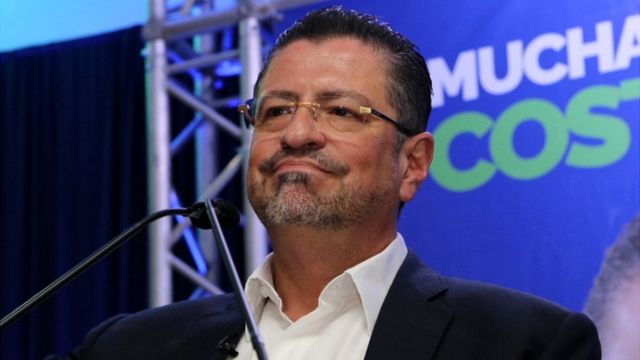
The president argued that he finds no reason not to appoint a delegate in Managua, when Costa Rica maintains diplomatic and commercial relations with the neighboring country.
«It is that those positions of looking pretty are not the way in which we want to operate. We want to operate according to international law and the interest of Costa Ricans », he said.
“If we have to break diplomatic relations with a country, for reasons of merit, well, let’s break them, but let’s not be in the little game that if we are friends, if we talk, but there is no ambassador. I think it couldn’t be clearer, “he continued.
Rodrigo Chaves stressed that when Nicaragua is expelled from the Organization of American States (OAS) “we would have to think about it (remove the possible ambassador)”.
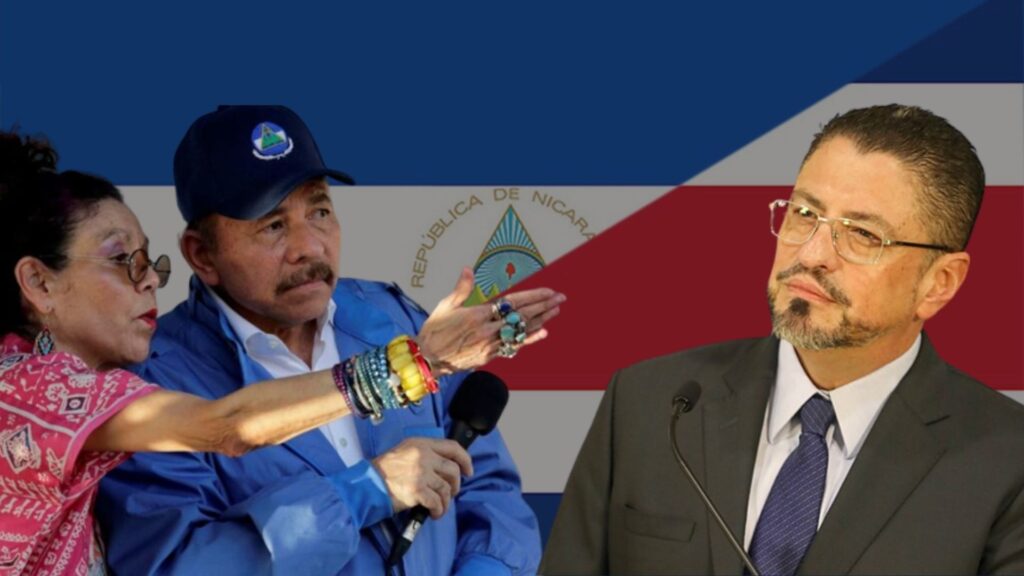
Outgoing President Carlos Alvarado avoided referring to the actions or management of the Chaves administration regarding relations with Nicaragua.
«I would not qualify it at this time, it does not seem appropriate for me to qualify it. I can only say what our position has been and why, because I believe that there are important human rights violations that Costa Rica should point out », he remarked.
The current Costa Rican government ignored the presidential elections on November 7, 2021, in which the Ortega regime secured one more mandate by imprisoning its main contenders. Carlos Alvarado pointed out that the day lacked “conditions and guarantees required in a democracy to certify the elections as transparent, credible, independent, free, fair and inclusive.”

